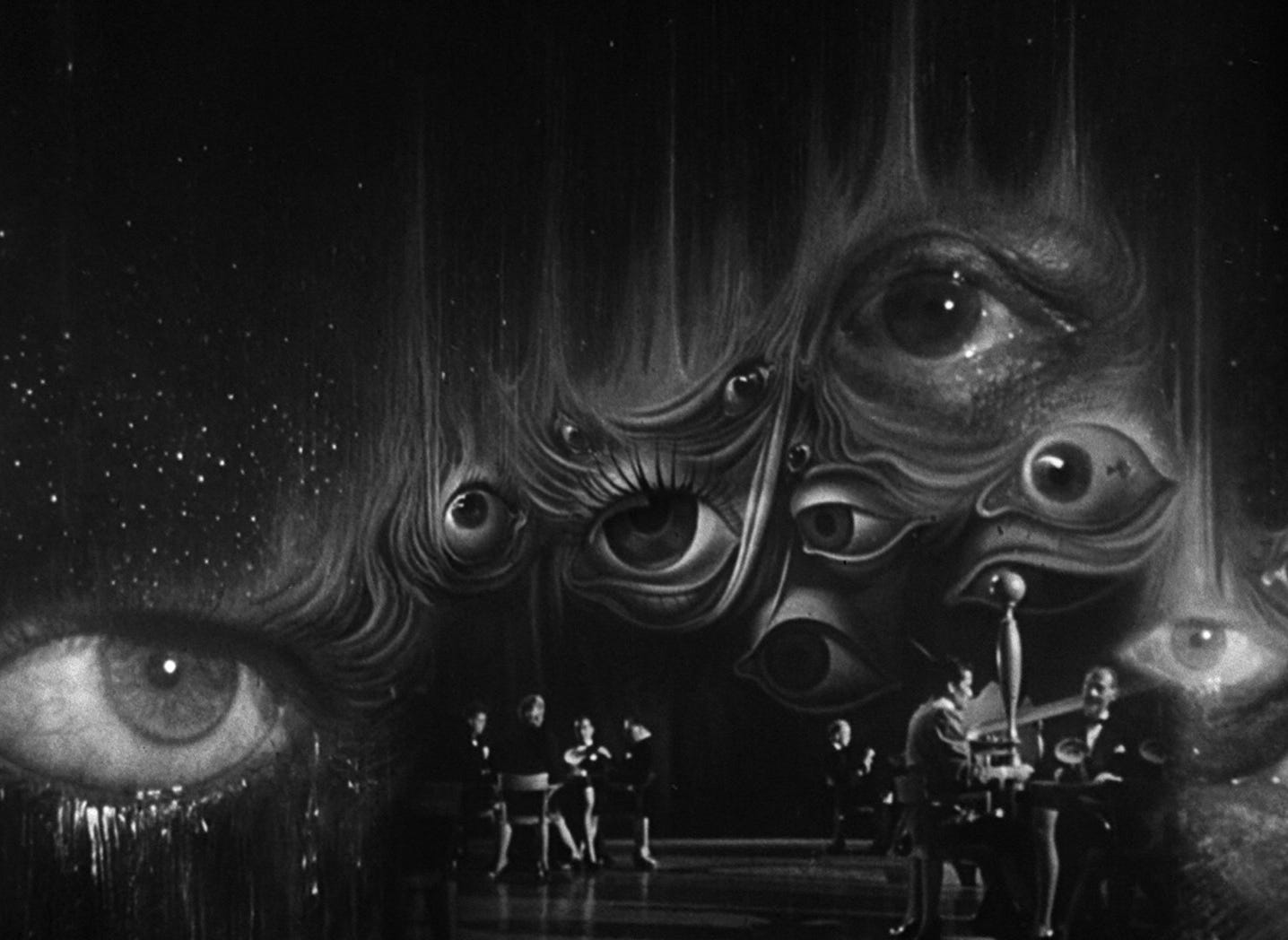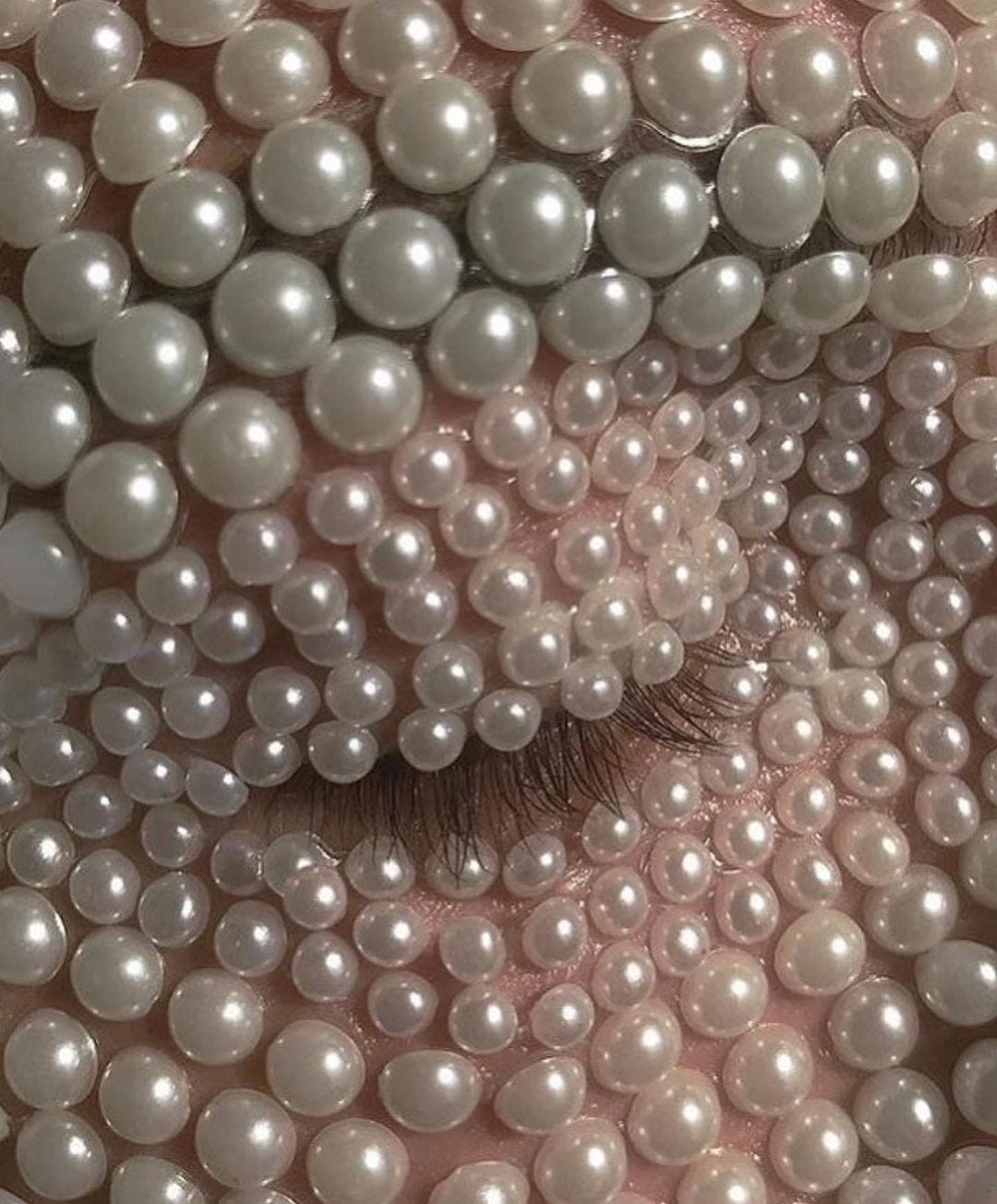This is a free read. But if you’d like access to more posts like this, and deep dives into craft, creative techniques, and inspiration to support your writing, consider becoming a paid subscriber. You’ll unlock the full WRITING CRAFT and CREATIVE WRITING archives. You also unlock all COPYWRITING CLASS posts. You’ll get the ins and outs of copywriting and creative industry insights. Find them on my page 🤍
1. Copywriting is only about text, not visual
FALSE
Yes, copywriters have their art directors. Their visual counterparts. But that doesn’t mean a copywriter isn’t also a visual thinker. When they write scripts, they need to picture the film. When they write headlines, they need to imagine how the lines will work with visuals. When they concept, they’re building a world that goes beyond words. An art director might visualize this later, but they’ll struggle if no visualization was done with the writing. And as copywriters advance in their careers, they often become creative directors, mastering both copy and art direction. So, getting comfortable with visualizing and working closely with your art director as early as possible is doing yourself a favor.
2. You need to be a native speaker
FALSE
I’m not a native English speaker. Yet I write in English. I know copywriters who write in a language they speak with a thick accent. Do we have it harder? Yes. But ultimately, what matters most is clarity and a deep understanding of your audience. Of course, you need to be advanced in the language you’re writing in to be credible. But you can learn anything you set your mind to. That said, while rare words don’t impress, you have to have this fascination for words and their nuances. How they can be played with and what they truly mean. That’s vital for any copywriter.
3. You’re writing alone
FALSE
If you’re already working as a copywriter, you probably know the feeling of writing major parts of a presentation on your own. You’re delivering final copy for tons of assets and posts, and no one really checks it. Meanwhile, you know you’ll be in trouble if it’s not good. And when there’s one small mistake, everyone is suddenly dissecting it.
It can be stressful and overwhelming. But trust the process. Trust your colleagues too. I always ask everyone involved to go over my copy before any issues can arise. Project managers, designers, anyone on the team. Their reactions are always helpful, and they’ll appreciate being part of it.
Most importantly, don’t expect your copy to be perfect in the first round. There will always be feedback. People give feedback just to give feedback. Knowing this helps manage the pressure. Do good work, deliver what’s needed, and maybe a bit more. But don’t stress over one word for hours. If you’re stuck on something, it’ll probably become a point of discussion anyway.
4. Good copy is always short
TRUE
Controversial opinion, but I stand by it. If it’s shorter, it’s always better. Of course, there are things like long-form copy and articles that need to go into detail. But even those are stronger when they’re to the point. In my experience, no creative director has ever asked me to make copy longer. When I get copy from other writers to improve, I cut out all the redundant words. Every word gets the question, “Is this necessary?” It may be cold toward all those beautiful words, but unfortunately, it works. At the end of the day, no consumer wants to read your ad. You can still make them ready if you’re catchy and can get a message across with just a few words.
5. Good copy is always beautiful
FALSE
I used to think great copy needed to sound beautiful. I’d spend hours searching for synonyms and pretty words to sound sophisticated. Now, I do the opposite. I cut every word that makes the copy less clear. You want people to understand it, even if they’re just skimming. If they get stuck on a word they don’t know, they’ll likely stop reading and not appreciate the underused gem you picked. Effectiveness always beats aesthetics. Be straightforward, even blunt. The true beauty of copywriting lies in its ability to connect and convert, not in sounding poetic. You’re really talented if you can do both, but to be safe, pick impact.
Below you can learn more about the role:










I especially connected with the last point. Took me a long time to appreciate the idea of simplicity but now I always try to keep my writing easy to understand. There is beauty in simplicity, in the way that something profound can be conveyed through words that anyone can understand.